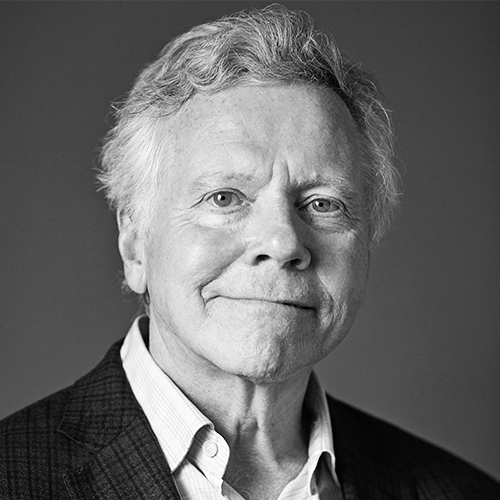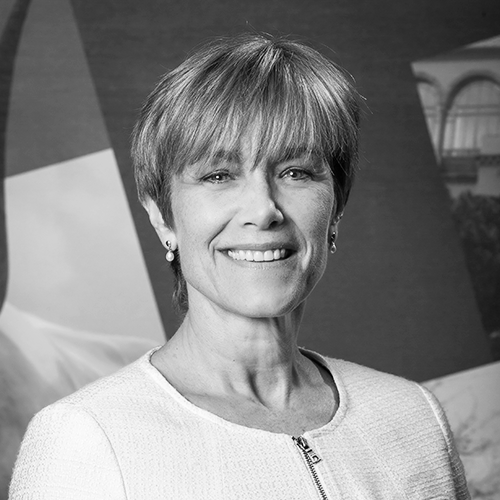While the road to a legal career differs from attorney to attorney, Jeff Moles is probably one of few who went to law school after a friend dared him to do it.
“I was a math major in undergrad,” says Moles, an assistant general counsel at St. Jude Medical. “I was actually going to be an actuary when a friend of mine came up to me and told me, ‘There’s this test called the LSAT. You can just take it and go to law school! You should take the test and see what happens.’”
As misinformed as this friend was, Moles took him up on the challenge and passed the LSAT with flying colors. The mathematics major soon found himself seriously considering law school. “I guess you could say I took a more unconventional path to the career,” he says with a laugh.
“Unconventional” would be taking it lightly. The former aspiring actuary was accepted into Stanford Law School, eventually landing an associate attorney position at the prolific Dallas firm Baker Botts. “I enjoyed the people, and I enjoyed the job,” he says. “It was one of those situations where I didn’t realize what I wanted at the time, but it just seemed like good training and a good opportunity.”
While working with Baker Botts, he gained experience in patent litigation, eventually managing and supervising other attorneys on all aspects of commercial litigation. Soon, he was defending national credit reporting agencies as well as international telecommunication companies against lawsuits—all this a mere few years after his friend told him about the LSAT.
Though he enjoyed the work, he eventually felt there were opportunities to develop himself elsewhere. “About three years into it, I said to myself, ‘Hey, I don’t want to do this forever,’” he explains. “I loved the firm, and I was getting a lot of experience in patent litigation, but I felt like I needed a little change.” So Moles did what many other twenty-somethings looking to grow and learn more about the world do. “I took fourteen months off and traveled,” he says.
His travels took him across many borders, allowing him to meet and discover people from all walks of life while gaining invaluable experiences he wouldn’t have otherwise encountered.
From spending a month studying Spanish with a Guatemalan family to driving across the western United States to see national parks, Moles acquired perspective while taking part in many one-of-a-kind experiences. “I went on to spend a month in Ecuador hiking before going to Tanzania,” he recounts. “There, I was actually able to climb Mt. Kilimanjaro with the girl who would eventually be my wife.
“I felt like it was my last chance to do stuff like this,” he says. “So I decided to make the most of it.”
Moles eventually returned to his home in Texas, more cultured and with aspirations to enter the public realm. “I took a job at the Texas attorney general’s office with the bankruptcy and collections division,” he says, “so I did a lot of state taxation work as well as handling oil and gas.”
Though he found the work satisfying, and he was happy to serve the public good, Moles still wanted new opportunities to develop his skills and grow as an attorney. He wouldn’t be looking for long, though.
“I had a friend who was a recruiter for St. Jude Medical, and she gave me a call and asked, ‘Have you ever thought about an in-house job?’” In fact, Moles had not. But he knew not to let the chance go to waste.
“I had no clue what I was getting into,” he admits. “I just knew that it was another opportunity to learn new things, so I decided to go in for the interview and fell in love with it.”
It was during the interview that he realized what he was missing the most from his career as a litigator: the people. “I think the thing I always longed for was more people interaction,” he says. “I missed that as a litigator, especially the ability to help people before the chaos of litigation ensues.”
He was hired to come in-house as a senior counsel member. Though Moles did not have previous health-care experience, he believes—and has proven—that people from different backgrounds bring different, valuable perspectives to the table, which enrich the collaborative experience, resulting in more innovative solutions.
“I loved the firm, and I was getting a lot of experience in patent litigation, but I felt like I needed a little change.”
Throughout its forty-year history, St. Jude Medical has created and developed medical devices that have saved or improved the lives of more than seventy million patients.
As a result of its innovative products and strategic acquisitions, St. Jude Medical is now a Fortune 500 company with nearly $6 billion in annual revenue.
“I quickly got hooked on the idea of learning new things with St. Jude,” he says. “I discovered I was more passionate when I started working with the organization. Especially when I worked with other people. I got integrated in what they do on a daily basis.”
He discovered that life in-house differed from his life as a litigator in many ways. He was especially surprised by how his fellow coworkers sought his advice and knowledge.
“It’s eye-opening when you start working with people who don’t have a background in law,” he says. “You begin to realize that your thoughts and skill-sets are valued in a different way and carry authority. It was interesting to me how much appreciation and consideration people gave me when I approached them with a facet of my legal knowledge.”
He learned from people without law backgrounds, as well. The most important lesson: to be decisive.
“That was definitely the biggest challenge for me,” he says. “The one thing about everyone around me is that they’re decisive. They make intelligent, quick decisions and follow through on them. The biggest thing I learned was you’ve just got to get comfortable with making decisions.”
As an assistant general counsel, Moles has the opportunity to lead a team of young lawyers who are much like he was when he began at St. Jude.
“I’ve been in a lot of great positions in my life and have come to understand the importance of mentoring,” he says. “So I’ve tried to foster a kind of learning with my team where they are made aware that they have to be willing to be a self-starter and have to be willing to seize opportunities where they present themselves.”
Even if those opportunities come in the form of a mountain in Tanzania, an open road in the western United States, or even a dare from a friend.


